We already take social networks as an integral part of our lives. Someone is more active in them and publishes content regularly, while others tend to follow the others here. BeReal was a hit last year when it charmed many bored users with those staged photos you can find on Facebook and Instagram. But even if it's free, it can cost you a lot in the end.
This anti-Instagram is based on sharing content here and now, when you only have a limited amount of time to do it. If you skip this window, you can share the content until the next day without being able to watch others' content. The idea is interesting and successful, when BeReal was the application of the year not only in the App Store but also in Google Play. But here, too, it pays something for something.
It could be interest you

The network is free, which does not even contain advertising (yet). Like all applications, and especially social networks, they nevertheless rely on user data. No one reads any legal agreements because it's long and boring. And even if we did read them, we would still probably take little from them. No one would probably delete the application just because they find a sentence about the available content here, after all, that's how every network has it. Or not?
Rights for 30 years ahead
Jeff Williams, Avast's global head of security, took a closer look at the BeReal issue. It was in the flood of that text that he found something that we hadn't heard about yet - that is, something that no one had yet addressed. By unchecking the legal provisions, you agree that BeReal has the right to use the content you share on the network for the next 30 years. If we take it with regard to Instagram, the content is of a higher quality after all, because you have the space to edit it and play with the scene, but in BeReal it's all about snapshots, and that's the problem. The BeReal policy can actually damage not only your career.
Williams says the platform can use the content shared on it however it wants, and for an unusually long period of time. Since embarrassing and compromising situations often occur on the network, it is even worse. In reality, there is a high risk, especially for young people, that they do not think about future consequences. Now, the teenage athlete sees no problem in sharing content. But as his career grows, he may appear in the app's promotional materials in the future. The same applies to politicians and other personalities. Williams directly states:
“Imagine your most embarrassing moment is an ad campaign for your friends or a piece of content that goes viral and gets millions of viewers. Thirty years is pretty much forever in internet time, potentially covering 60+% of someone's career. This is an exceptionally long grant of rights with exceptionally broad authorizations of use.”
You can read the terms and conditions in detail <a href="https://cdn.shopify.com/s/files/1/1932/8043/files/200721_ODSTOUPENI_BEZ_UDANI_DUVODU__EN.pdf?v=1595428404" data-gt-href-en="https://en.notsofunnyany.com/">here</a>, Privacy Policy <a href="https://cdn.shopify.com/s/files/1/1932/8043/files/200721_ODSTOUPENI_BEZ_UDANI_DUVODU__EN.pdf?v=1595428404" data-gt-href-en="https://en.notsofunnyany.com/">here</a>. At least you can find them granting you a worldwide, non-exclusive, royalty-free license to use, copy, reproduce, process, adapt, modify, publish, transmit, display and distribute any content you share. The fact that you may reveal things you didn't want to because of the time pressure to publish the post makes this all the more poignant. After all, you can also easily accidentally share privacy-infringing photos of people who don't use the platform and who have their right to privacy (which happens everywhere, of course).
It could be interest you

In addition, the application lacks content moderation, disabling geolocation and third-party cookies. With all this, you are paying for using the application, which is listed as "free". However, there is only one advice on how to get out of it - don't use the service. But you probably don't want to hear that. So it would be time for larger institutions than just technology magazines to start dealing with this, across the board, for all social media. But is it even realistic?
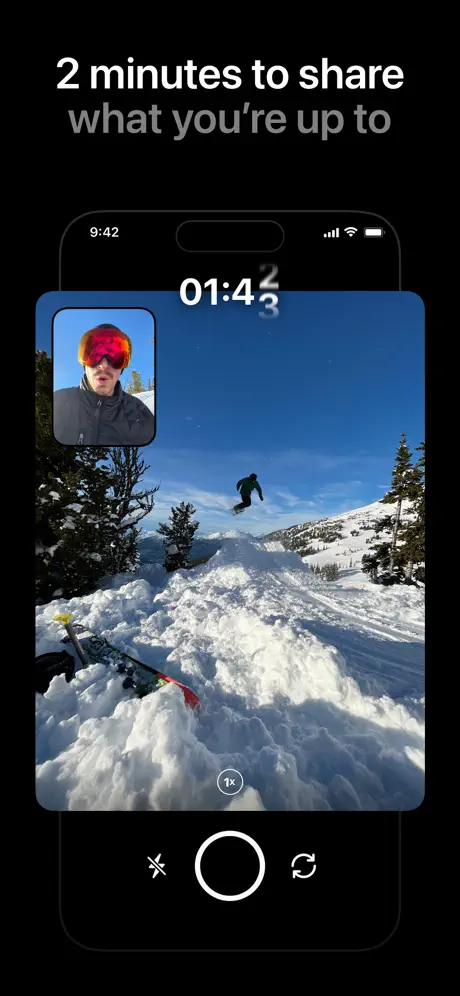


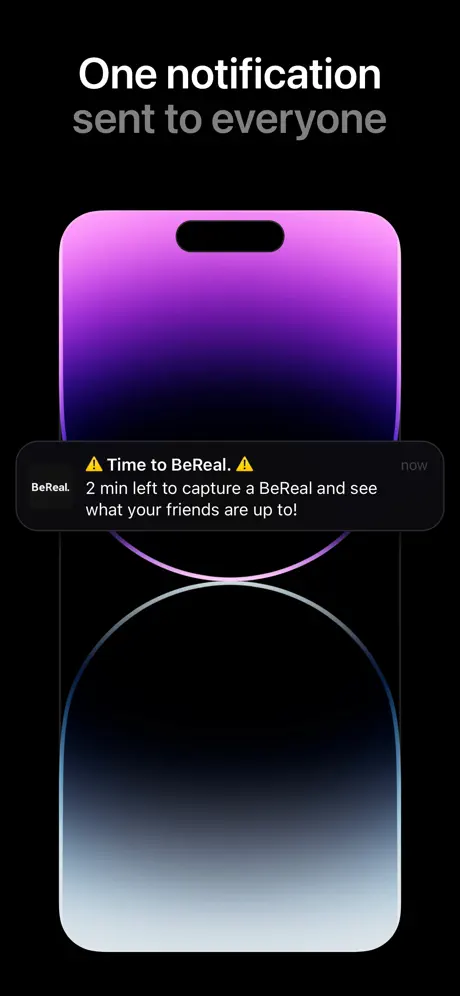
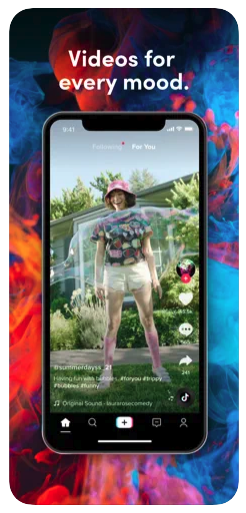
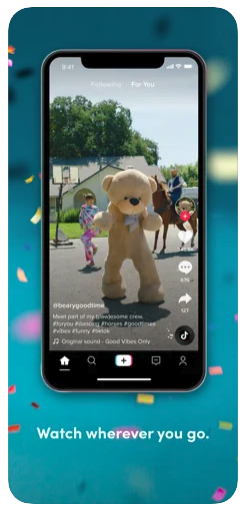

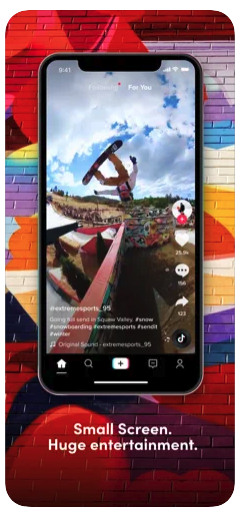

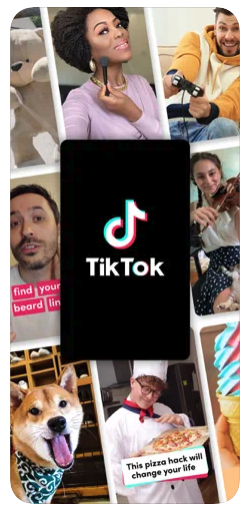




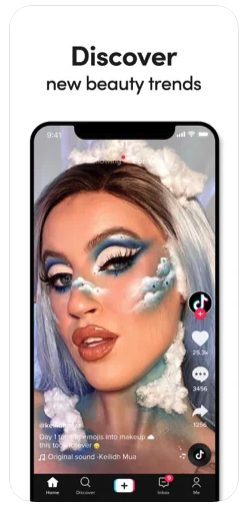
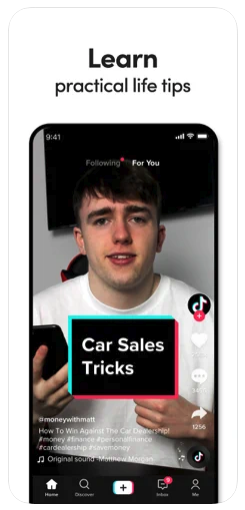

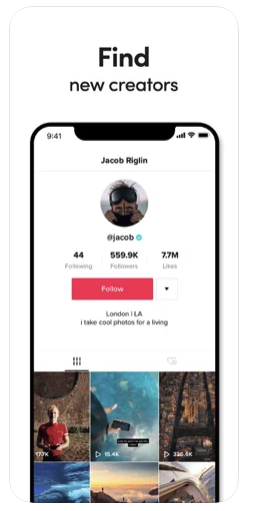
 Adam Kos
Adam Kos